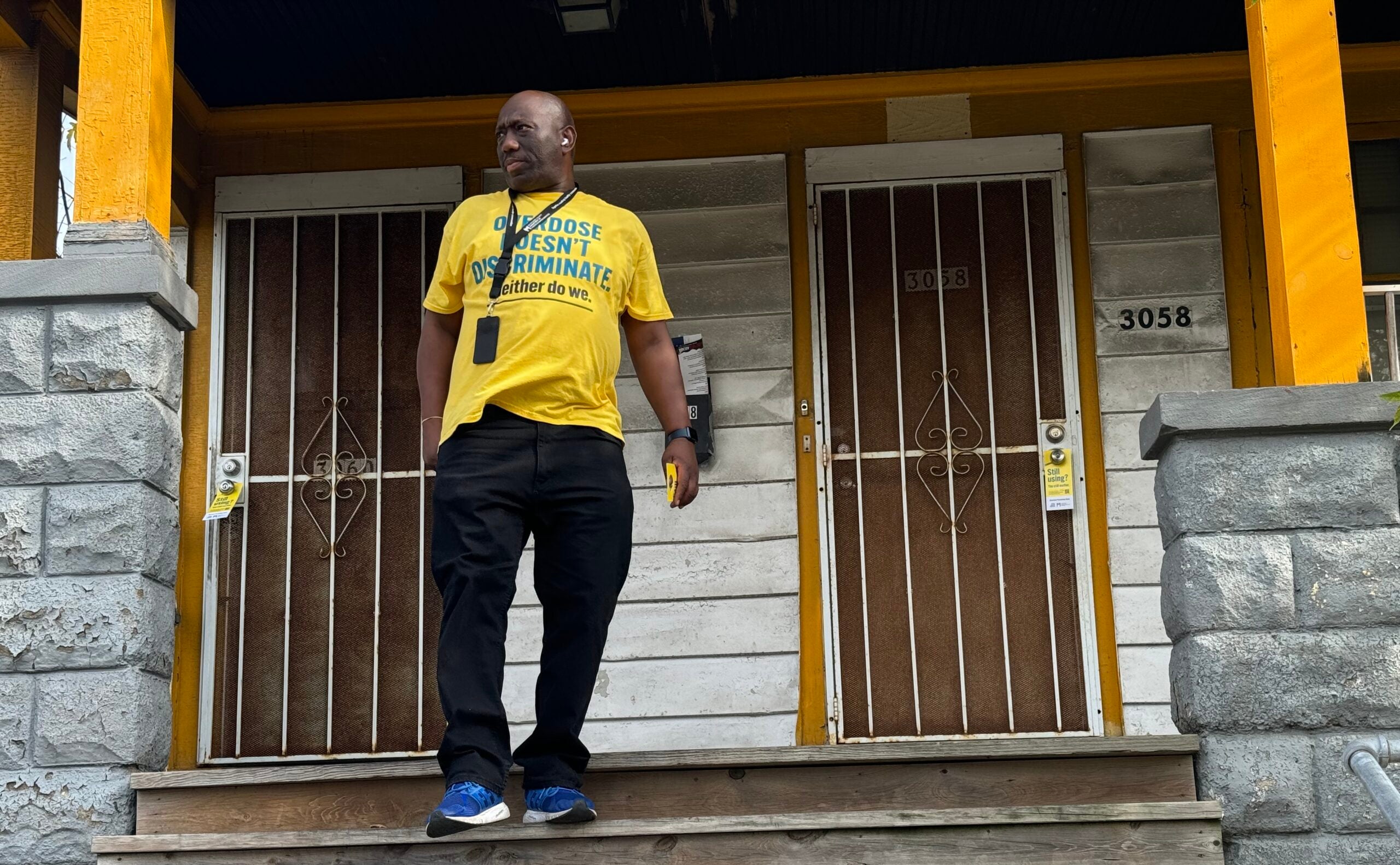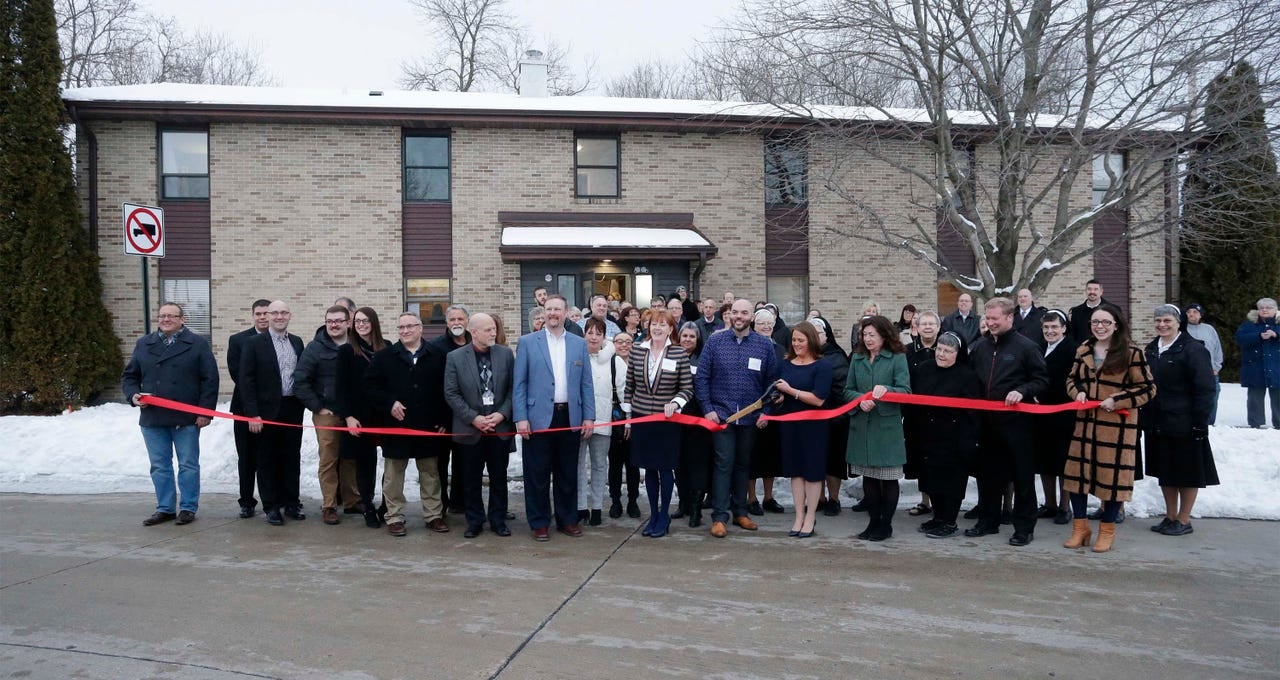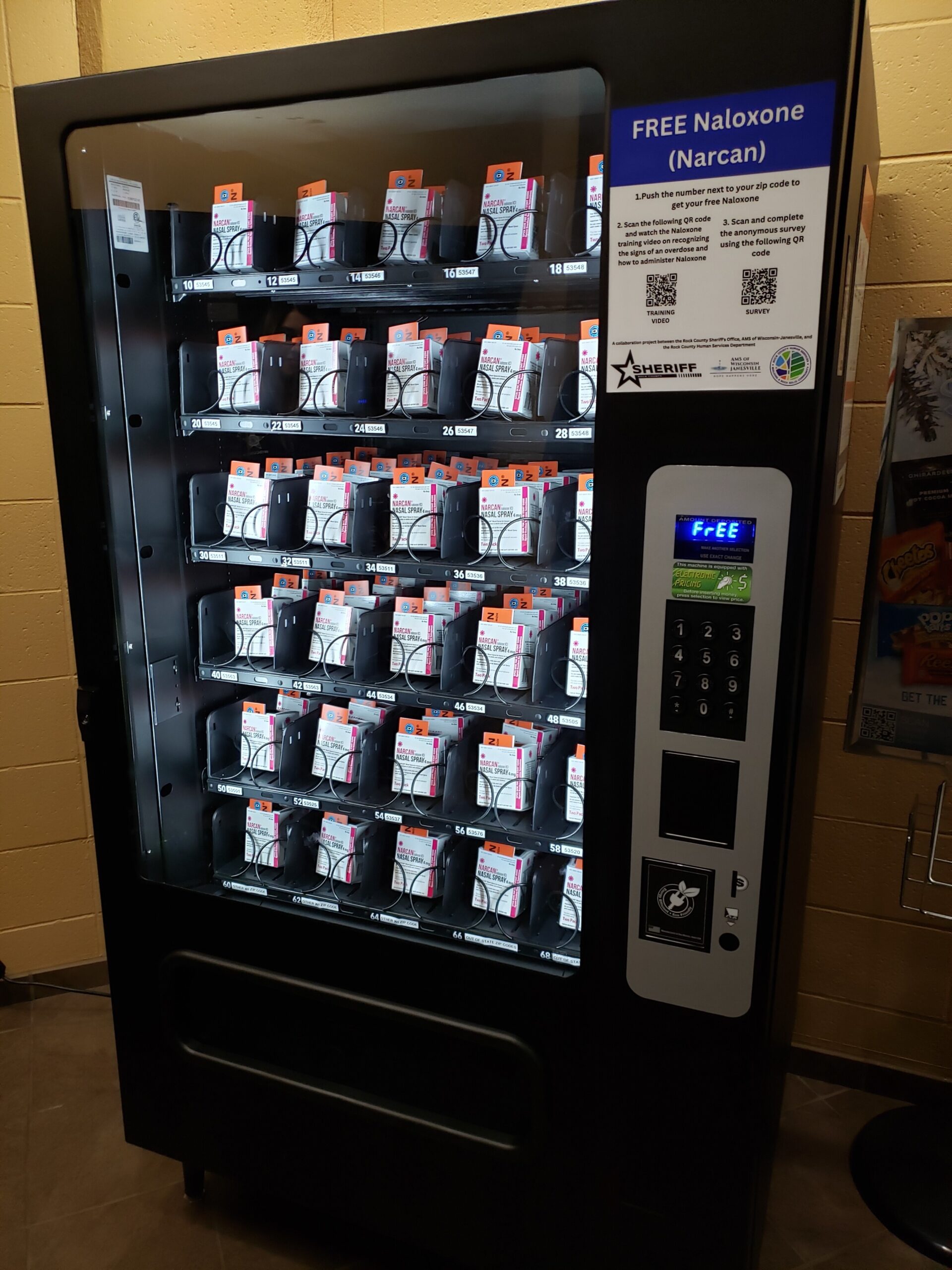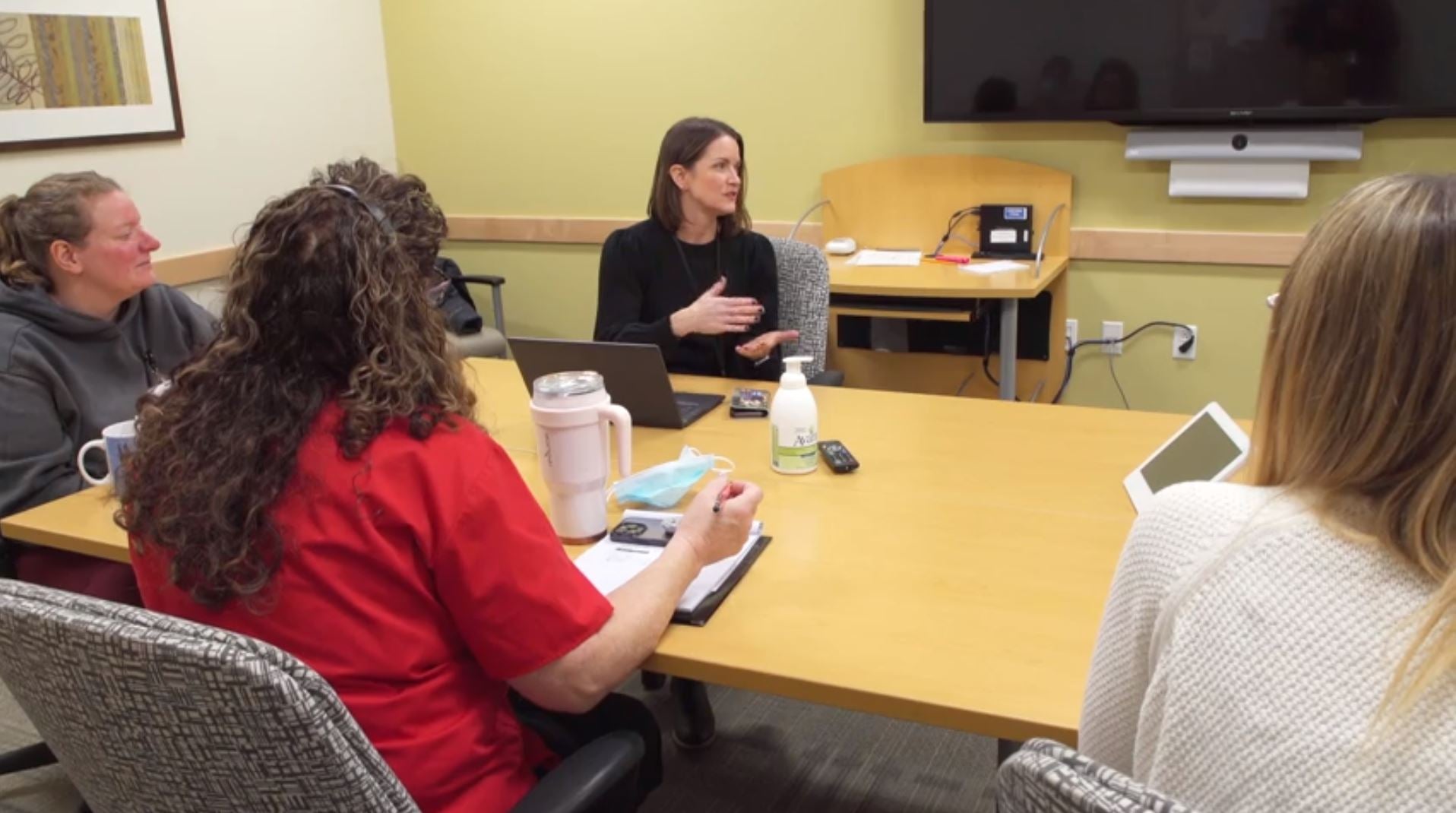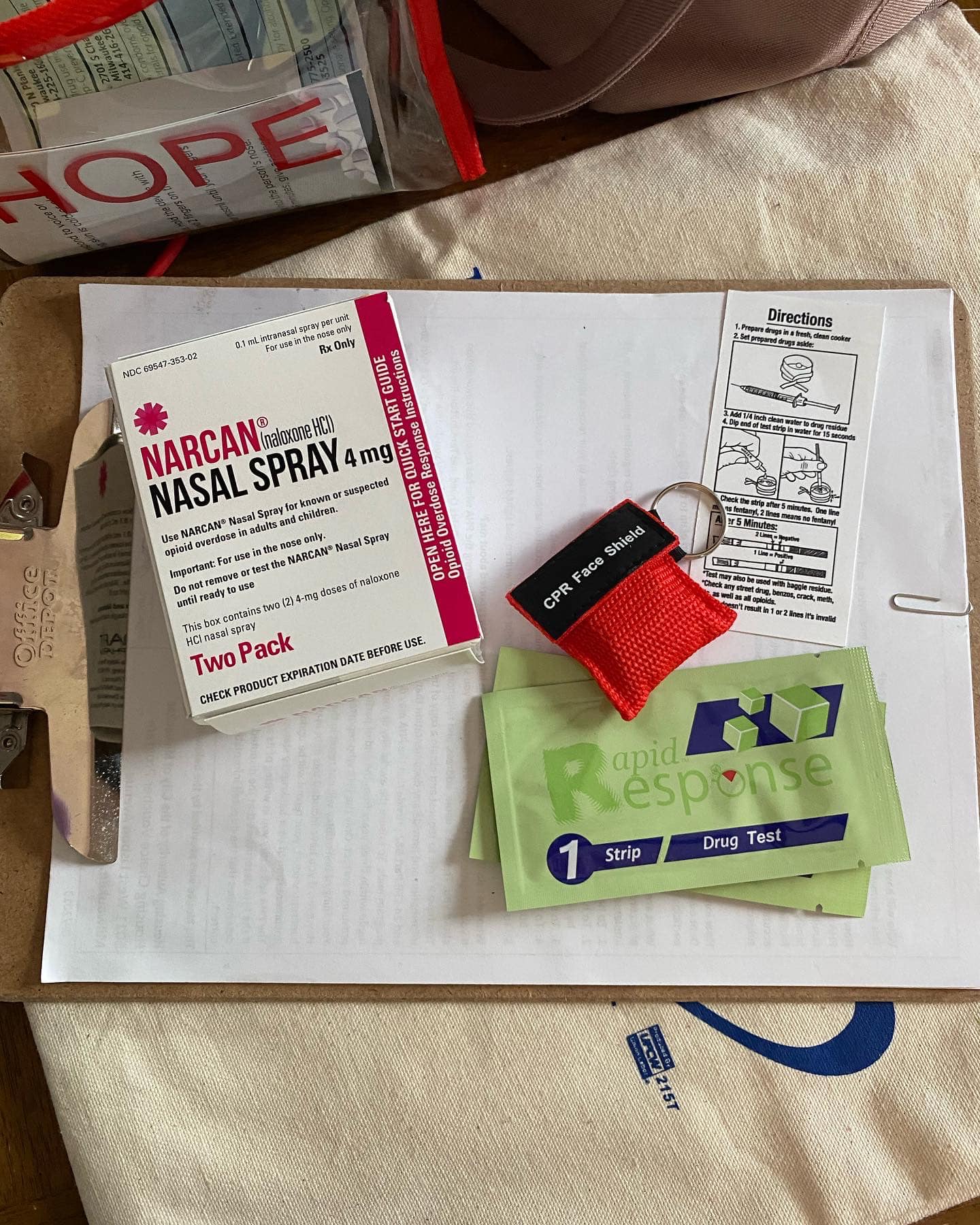Advocates for substance abuse recovery from across the state plan to gather at the state Capitol Wednesday for Recovery Alignment Day. It’s an effort to bring together and promote substance recovery services to battle substance use disorders.
Jesse Heffernan, a recovery coach and consultant with Helios Addiction Recovery Services in Appleton, said the event’s focus will be on what happens after a treatment episode in the long term, and how to handle relapses in a dignified way.
“There’s a lot of times we say those closest to the problem are closest to the solution,” he said, noting that the event is in response to advocacy groups asking how to get policymakers aware of the problems and potential solutions with substance abuse, whether its alcohol, tobacco, cannabis and opioids, among others, or a combination of these.
Stay informed on the latest news
Sign up for WPR’s email newsletter.
Substance use becomes a disorder if intoxicating substances lead to significant impairment or distress, according to the American Psychiatric Association.
The Centers for Disease Control and Prevention found that, in Wisconsin, 1 in 4 Wisconsinites binge drink at least once a month. Opioid use in the state contributes to substance abuse problems too, with the number of opioid-related hospital visits and deaths doubling in the past 10 years, according to Healthy Wisconsin.
Heffernan said people with opioid disorders are prone to relapse because they’ll exit treatment with fewer connections to family, community, jobs and services. That’s why more focus should be placed on long-term recovery that considers the whole well-being of the person with the disorder, he said.
“If so much of our energy is about getting people to move through a treatment episode into long-term recovery, we need to really focus our energy and our dollars into that long-term portion of this,” he said.
Participants in the event Wednesday will be advocating for recovery support in the form of housing, recovery coaching, employment and community resources.
The combined efforts of recovery advocates across the state are lobbying for legislative changes that they hope will address the need.
One of those priorities is to earmark $9 million per year for five years, which would fund 25 recovery community centers. These centers offer peer-run resources and hotlines, community trainings, host recovery meetings and help with job placement, among other benefits.
Also among the priorities are making recovery coach training billable for Medicaid and to pair hospital patients with substance use disorders with a recovery coach.
Depending on where people live, access to treatment differs dramatically. In rural communities, sometimes help is hours away. Heffernan said in some cases, he’s heard of people exiting the hospital with medications to help with withdrawal and a list of resources that can help them.
Opioid-dependent users sometimes are required to kick the habit on their own, Heffernan said, noting that for example they rely on regimens they find online.
“There’s probably 100,000 different stories of what people have experienced,” he said. “But unfortunately, a lot of times those stories start with they weren’t able to access or find the help right away.”
When they are connected to the recovery community in a way that addresses their whole self — employment, housing, community and pathology — Heffernan said relapses happen less often.
“When you have less recurrence and relapse, you have less folks (recidivating), going to jail or going into the health care systems seeking help.”
Wednesday’s event will feature booths manned by recovery and treatment organizations in the rotunda. Those looking to get involved in Recovery Alignment Day will meet at about 8:30 a.m. in room 425 Southwest in the Capitol.
Speakers from across the state, such as family members of people in recovery and coaches, will be featured and appearances will be made by several legislators.
At noon, a First Nations drummer will open with a ceremony with prayer and Lt. Gov. Mandela Barnes will read the proclamation for Recovery Alignment Day.
“This whole recovery alignment day and this whole push is just about let’s treat people with compassion and dignity,” Heffernan said.
Wisconsin Public Radio, © Copyright 2025, Board of Regents of the University of Wisconsin System and Wisconsin Educational Communications Board.



